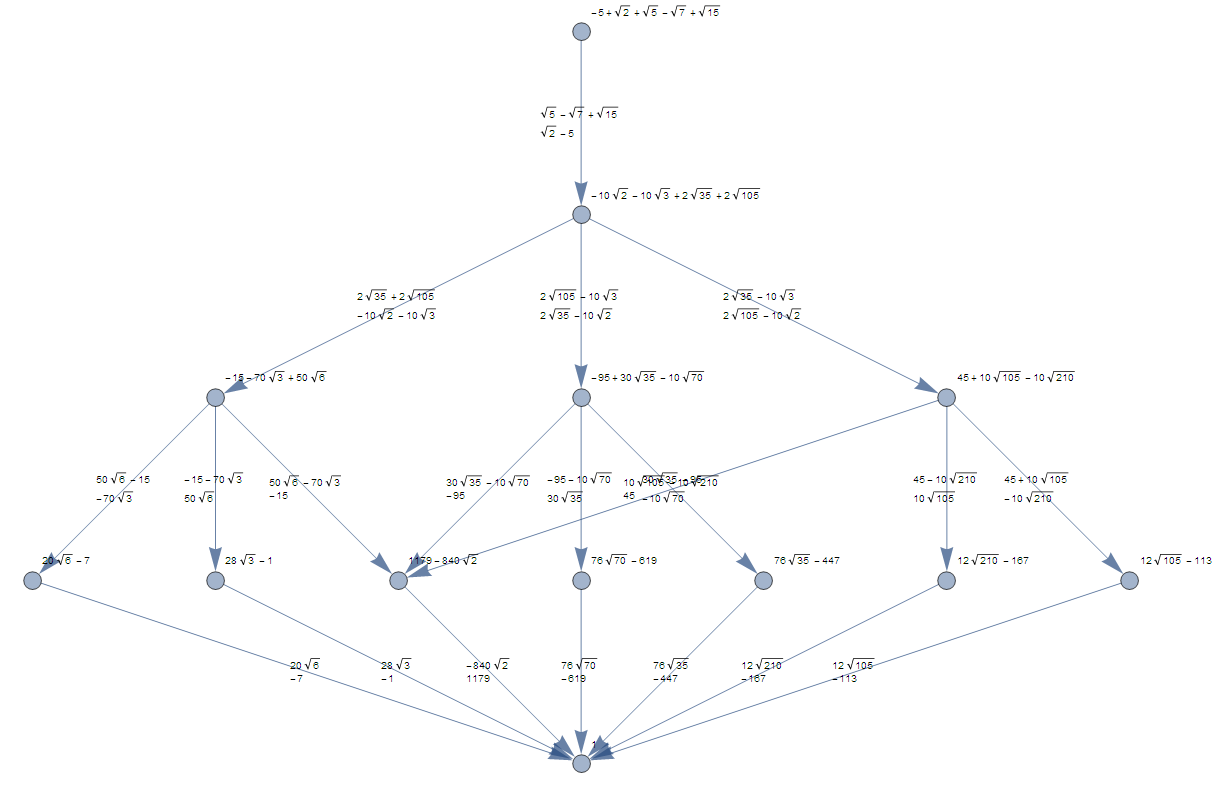There have been a lot of discussion in the past about which math questions are on-topic and which one are off-topic. But I today I found a bit old question (with amazingly net 4 upvotes) which is clearly a math problem but was re-opened. This made me think to revisit the policy discussed on meta about mathematical questions on this site. Some related discussions I found are given below:
- Would this potential post be a math puzzle or math problem?
- Are math-textbook-style problems on topic?
- How math-oriented can questions on the site be?
- I say that a maths puzzle is suitable for this site. The puzzle-setter disagrees. What do you say?
- Is this question I asked on Math.SE better suited for Puzzling.SE?
Their summaries are (if you are not willing to read these questions):
- O.P. asked if he can ask a math question and he was permitted to do so.
- Few features that makes something a math puzzle rather than math problem:
- Clever or elegant solution, often an "aha" moment
- Unexpected problem statement.
- Unexpected or counterintuitive result.
- You can ask puzzles that use advanced mathematics.
- Another meta post about the scope on this site of a math related question. The question was found to be a math problem.
- The title of this question says it all. The given answer on this meta post was "Until a solution is posted, it's hard for us to say."
I am OK with first and fourth point here. But the other three kinda cross each-other.
If we are using advanced mathematics in a question then the probability of the solution being elegant is pretty low. (However it still is possible.) And those three features that distinguish between a math puzzle and a math problem works well with the top math questions on this site (yes, they are five different questions). But these features don't really help to distinguish when new math questions are posted because "Until a solution is posted, it's hard for us to say." And after the solution is posted, every one forgets about the question. And if it is found to be a math problem then very less number of people care to close the posts to maintain the site quality. Even if the question is closed then somehow after a month, the question can be found to be reopened by the math-lovers.
Final Question:
- Is there any improvement in the policy to get rid of math problems since last time (which was more than an year ago)?
- Is there any way to have the same opinion among different users about a question being a math problem or a math puzzle?
Side question: I couldn't really understand what he meant by "Unexpected problem statement." Can anyone please elaborate it?

